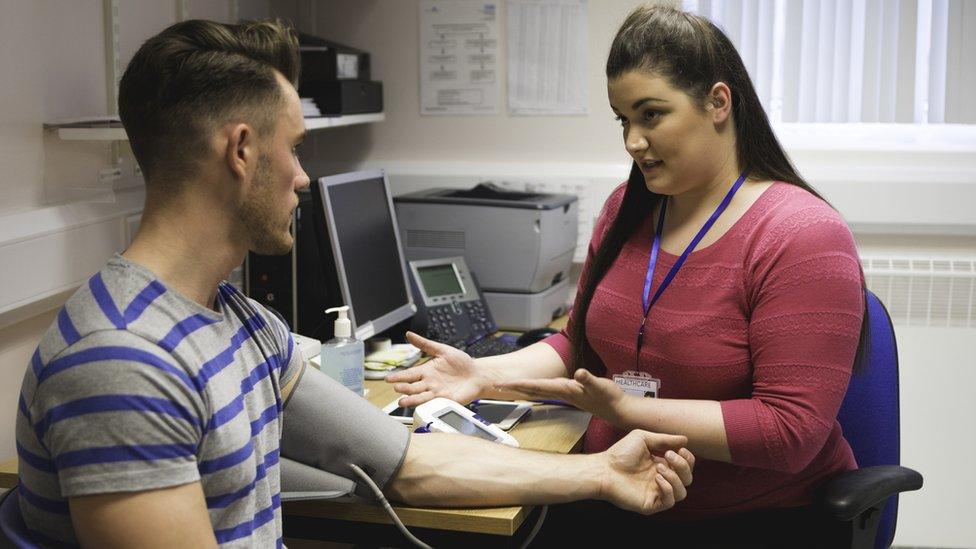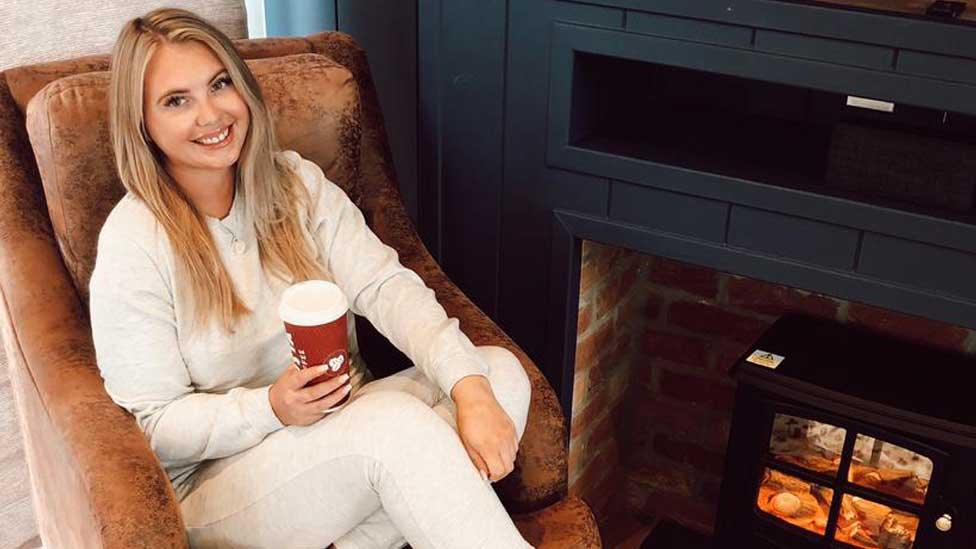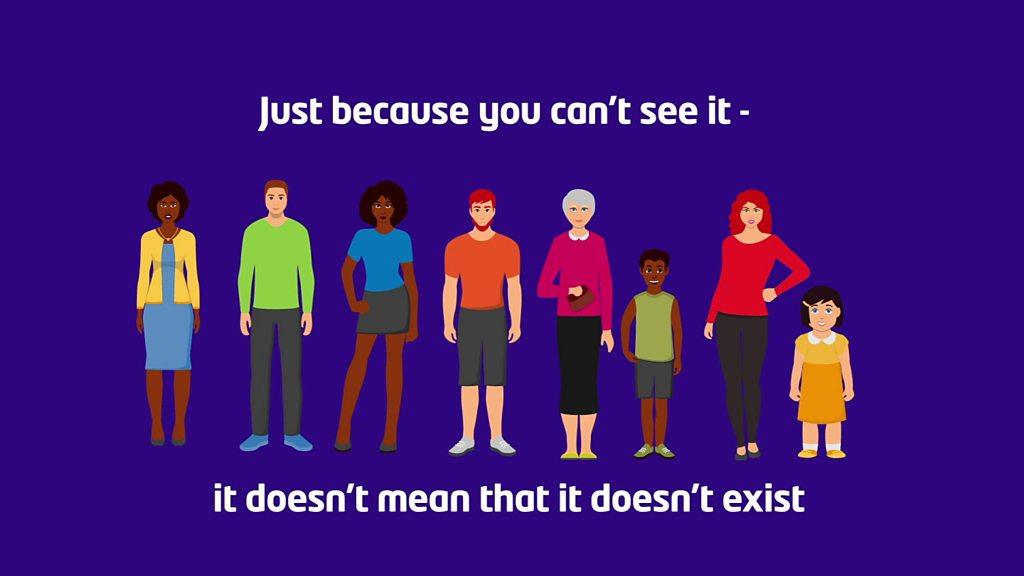Study urges clinicians to drop 'doctor knows best' view
- Published

A study found a patient's view of their own symptoms or illness is not always valued by clinicians
Clinicians have been urged to move away from the "doctor knows best attitude" when diagnosing illnesses.
A University of Cambridge study found a patient's view was not valued by most clinicians.
Experts have called for "a more equal relationship" where patients' lived experiences are taken on board.
Dr Melanie Sloan said: "It's incredibly important that we listen to and value patients' insights and their own interpretations of their symptoms.
"We also need to make sure that clinicians have the time to fully explore each patient's symptoms, something that is challenging within the constraints of current health systems."
Academics explored the value given by clinicians to 13 types of evidence used when diagnosing patients, including the likes of brain scans and patient views.
They surveyed 676 patients with neuropsychiatric lupus (NPSLE), which according to the researchers is "challenging to diagnose".
Lupus is a chronic condition that impacts the immune system, causing problems with the skin, joints, kidneys and other organs.
NPSLE is when the condition affects the brain, spinal cord or other nerves, with symptoms such as seizures, strokes and psychosis.
Some 46% of patients said they were never or rarely asked for self-assessments of their disease, while 24% said their self-assessments were never or rarely consistent with their clinician's.
However, some clinicians, such as psychiatrists and nurses, valued patient opinions, researchers said.
Sue Farrington, co-chair of the Rare Autoimmune Rheumatic Disease Alliance, said: "It's time to move on from the paternalistic, and often dangerous 'doctor knows best' to a more equal relationship where the patients with lived experiences and the doctors with learnt experiences work more collaboratively."
The study formed part of the Inspire research project and was funded by The Lupus Trust and Lupus UK.

Follow East of England news on Facebook, external, Instagram, external and X, external. Got a story? Email eastofenglandnews@bbc.co.uk , externalor WhatsApp 0800 169 1830
Related topics
- Published27 February 2021

- Published29 March 2018
